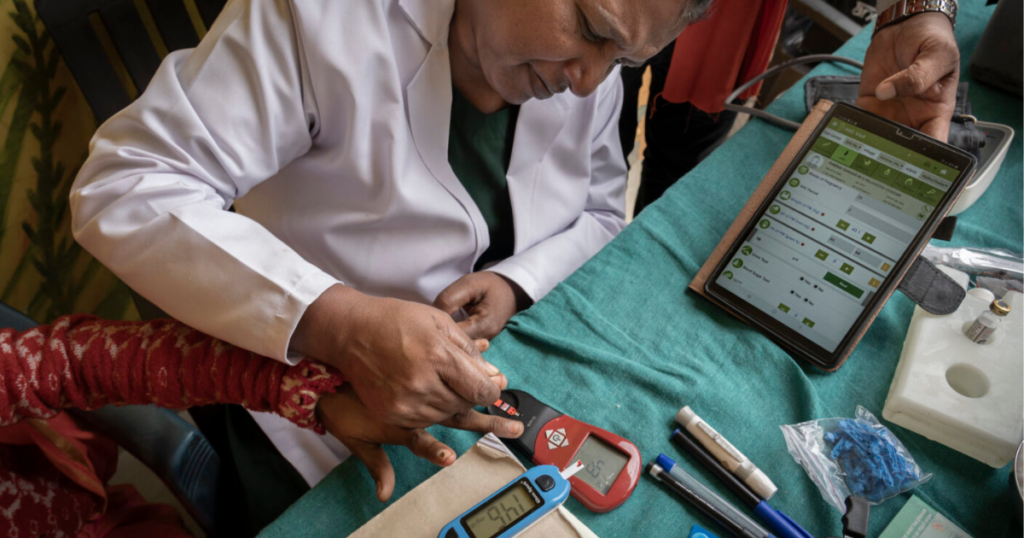Emerging need for sustainable sourcing across agricultural value chains
Given the fragile nature of global supply chains, the scope of sustainable business development is expanding to include upstream operations like procurement. Sustainable and responsible sourcing by agribusiness corporations can benefit businesses as well as communities by working on major themes like environmental sustainability, socio-economic inclusion, supply chain resilience, fair dealing and human rights.
What is sustainable sourcing?
Typically, a firm kickstarts its sustainable sourcing efforts by defining its strategy which includes its vision and targets, followed by documenting an internal policy and the selection criteria for suppliers.
- Suppliers are screened based on economic, social, and environmental selection criteria.
- During the life cycle of the sourcing programme, other aspects that will be of relevance include capacity development, monitoring/audit, required certifications, and reporting of initiatives undertaken.
Overview of current landscape – adoption, initiatives and enabling ecosystem
- Adoption drivers and trends: Sustainable sourcing efforts of organisations are at various levels of maturity. Whether the firm is aiming to influence the ecosystem positively will decide how well-structured its efforts are. Globally, there is growing executive concern on developing sustainable business practices where regulatory requirements and increased supply risks are key drivers.
- Selection criteria for suppliers: Firms require suppliers to obtain certifications for imbibing best practices to promote natural resource conservation, human rights, process improvements, and product quality. Buyer organisations partner with suppliers to support them in various initiatives like capacity building, collaborating to remove systemic issues and promoting diversity. Firms sourcing agricultural materials go the extra mile to directly engage with farmers (even while not directly sourcing from them) to ensure assured demand, capacity building, and timely and adequate payments by immediate suppliers.
- Reporting and communication: Sustainable sourcing initiatives are reported as part of a firm’s sustainability initiative by leveraging global standards. Global Reporting Initiative Standards (GRI), Sustainability Accounting Standards Board (SASB), Task Force on Climate-Related Financial Disclosure (TCFD) are popular reporting standards. Firms report on multiple standards too, often to cater to diverse stakeholders.
- Enabling ecosystem: Leading firms in sustainable sourcing engage with the ecosystem to form alliances or consortiums to promote, among other things, collaboration, development of best practices, and advisory services. Technology applications form the backbone of sustainable sourcing programmes by promoting visibility through traceability, ensuring better monitoring, quantifying impact and monitoring compliance.
Authors: Ayushi Baloni and Ashutosh Choudhary
Knowledge Support: Arnab Mukherjee, Aditi Verma, Tanvi Vijh and Debarati Das
Technical review: Debaranjan Pujahari




